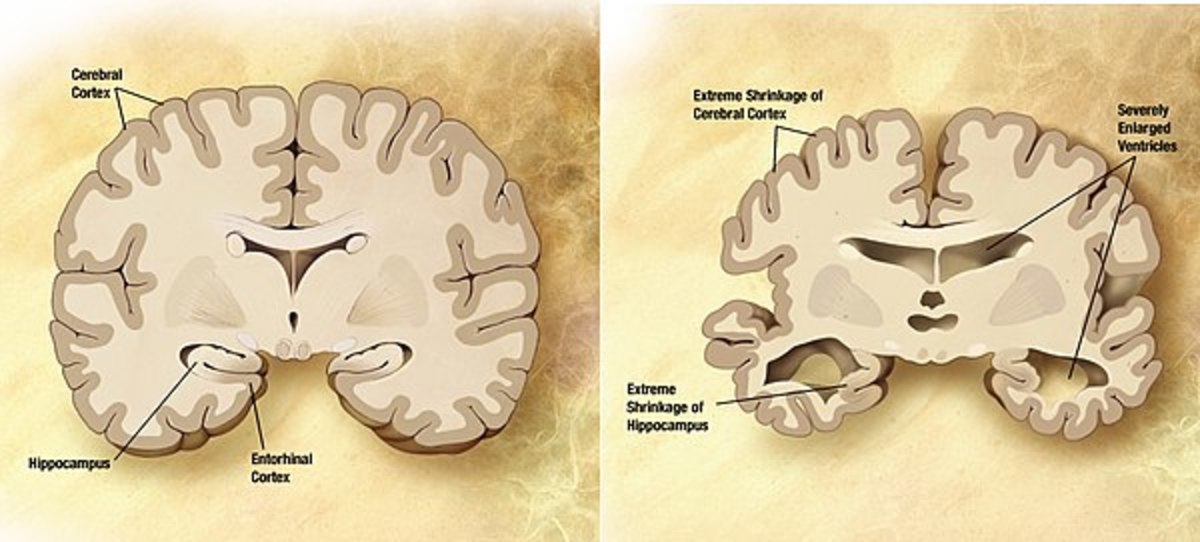Alzheimer's Disease: Communication Tips

Tips for Successful Communication
The key to managing the complicated behaviors most often associated with Alzheimer’s disease typically lies within the methods of communication that caregivers and others employ.
Because individuals with Alzheimer’s view the world in ever-changing, often frightening and delusional ways, it is incumbent upon the rest of us to adapt our way of thinking and acting in order to create a more comfortable, non-threatening environment in which the AD patient can navigate.
The following communication techniques are critical to your success in dealing with this complicated and frustrating disease.
1. Always approach the person from the front, never from the sides or from behind.
2. Always introduce self with each meeting. You may have no difficulty remembering them, but they may find it impossible to remember you.
3. Always call the individual by name to reinforce your familiarity with them.
4. Maintain eye contact while speaking.
- Alzheimer's Disease: Behavior Management Techniques
Alzheimers Disease: Behavior Management Techniques Persons suffering from Alzheimers disease often view the world in frightening, irrational and delusional ways. As a result, they may feel that...
5. Position yourself at or below eye level so as not to be perceived as threatening.
6. Speak in a calm voice, loud enough to be heard, but soft enough to be non-threatening and not perceived as irritable.
7. Allow enough time for individual to process what you are saying. It could take 5-10 seconds after each statement for them to respond. Do not interrupt while they are thinking.
8. Repeat self, if needed, using exactly the same words.
9. If that doesn’t work, repeat self, using fewer, simpler words.
10. Ask primarily yes/ no questions as opposed to open-ended questions.
11. Do not use big arm movements and do not move around while speaking. This causes unnecessary distractions.
12. Allow individual to make simple, safe choices.
13. Do not speak in metaphors or slang. Someone with AD cannot interpret this level of complexity.
14. Maintain relaxed, smiling facial expressions.
15. Use facial expressions, non-threatening gestures and modeling to reinforce the meaning you are trying to convey.
16. Do not over-correct. If the person with AD says something wrong, provided it is not harmful nor causing them anxiety, it is not necessary to correct them.
17. Give one instruction at a time. Verbalizations such as directions should be as simple as possible.
18. Do not argue with someone with Alzheimer’s disease. You will never win! This is because, even if you are correct, they cannot apply logic or reason to a given situation.
For personal advice on how to manage someone with Alzheimer’s disease, please feel free to contact me.
- Alzheimer's Disease: Potential Signs and Symptoms
It is important to be aware of the signs and symptoms of Alzheimer's disease. A certain degree of forgetfulness is normal for people regardless of age, but when does that forgetfulness appear to be full blown memory loss and at what point is it time
Rate this Hub
© 2010 Jaynie2000








